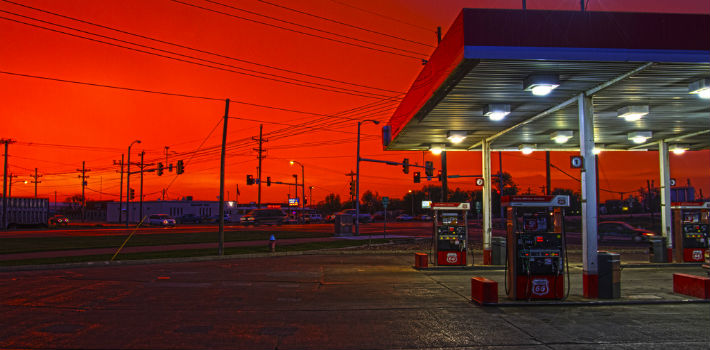
EspañolOn Thursday, January 15, the Puerto Rico Senate voted 14-13 to increase the import tariff on a barrel of oil from US$9.25 to $15.50.
Effective March 15, the initiative will attempt to address the island’s fiscal crisis and allow the government to plan a new round of debt emission. In December, Governor Alejandro García Padilla said the tax hike was part of strategy to save San Juan’s public transportation companies.
“There’s not a single article [in the law] that could raise doubts about its legality or constitutionality. We’ve made sure the project is unobjectionable,” warned Rafael Hernández Montañez, House Treasury Committee Chairman, anticipating an attack from the opposition on constitutional grounds.
Governor Padilla presented the bill on October 30, and the House of Representatives approved it on December 2.
Perfect Timing
Luis Dávila, a Puerto Rico political analyst and radio show host, told the PanAm Post that the increase in oil tariffs will mean a $0.30 markup per gallon.
He noted that Puerto Rico has gone from being the jurisdiction with the lowest taxes on gasoline to now one of the highest: “In the last two years alone, the government increased 105 different taxes. Gas is one of them. With these hikes, the government has collected $5 billion.”
According to Dávila, the government has seized the opportunity to raise taxes on gasoline as oil prices continue to drop internationally, so Puerto Rican consumers do not feel the impact.
https://twitter.com/RicaudyVasquez/status/555382978625302528
If oil prices are down around the world, why is gas still the same [in Puerto Rico]? Amid a spectacular fall in pr[ices]…
Frank Worley, writer and founder of the island’s Libertarian Party, said that instead of benefiting from the new global trend in lower prices, the average Puerto Rican will have to keep buying expensive gasoline.
“The government of Puerto Rico is desperately trying to stop the drain on its finances. This [measure] contradicts what they said early last year, that they had a balanced budget and wouldn’t need any more help after issuing $3.5 billion in bonds. This shows how bad the fiscal situation in Puerto Rico is,” he explained.
The activist stressed that the island needs to focus on slashing public spending instead of stepping up taxes. He noted that higher gas prices will be felt throughout all sectors involved in transportation.
Crude Oil’s Downward Spiral
Ricardo Román, president of the Association of Retail Gasoline Stations, predicts crude oil will remain low, and will sink even further.
“We’re experiencing a phenomenal increase in production and that’s what has been driving the barrel’s price down. Following the conflict in Iraq around the middle and end of 2014, the United States upped its production quota. New actors also entered the market, and all that increased the supply of oil,” explained Román.
He added that on January 13, the price of a barrel of crude oil reached a new low of $46. “The value has just plummeted. We’d seen a barrel go for $90, $92, but the price has plummeted in the last three months.”
 Versión Español
Versión Español












